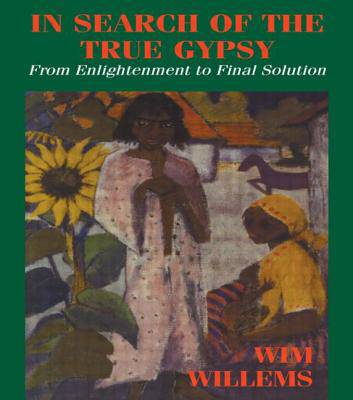
- Afhalen na 1 uur in een winkel met voorraad
- Gratis thuislevering in België vanaf € 30
- Ruim aanbod met 7 miljoen producten
- Afhalen na 1 uur in een winkel met voorraad
- Gratis thuislevering in België vanaf € 30
- Ruim aanbod met 7 miljoen producten
Zoeken
€ 105,45
+ 210 punten
Uitvoering
Omschrijving
It has only been recognised tardily and with reluctance that during the Second World War hundreds of thousands of itinerants met the same horrendous fate as Jews and other victims of Nazism. Gypsies appear to appeal to the imagination simply as social outcasts and scapegoats or, in a flattering but no more illuminating light, as romantic outsiders. In this study, contemporary notions about Gypsies are traced back as far as possible to their roots, in an attempt to lay bare why stigmatisation of gypsies, or rather groups labelled as such, has continuned from the distant past even to today.
Specificaties
Betrokkenen
- Auteur(s):
- Uitgeverij:
Inhoud
- Aantal bladzijden:
- 376
- Taal:
- Engels
Eigenschappen
- Productcode (EAN):
- 9780714642222
- Verschijningsdatum:
- 31/01/1998
- Uitvoering:
- Paperback
- Formaat:
- Trade paperback (VS)
- Afmetingen:
- 156 mm x 233 mm
- Gewicht:
- 598 g

Alleen bij Standaard Boekhandel
+ 210 punten op je klantenkaart van Standaard Boekhandel
Beoordelingen
We publiceren alleen reviews die voldoen aan de voorwaarden voor reviews. Bekijk onze voorwaarden voor reviews.








